Pragmatic language refers to the social use of communication—how we express ourselves, how we respond, and how we adapt our language based on context. It includes understanding the unspoken rules of conversation: knowing when to speak, how much to say, how to read the room, and how to share space in a dialogue.
Some individuals find it challenging to interpret tone or body language, follow group conversations, or understand what’s expected in a social exchange. Therapy supports the development of tools that empower one’s communication style with skills enhancing connection, self-expression, and understanding.

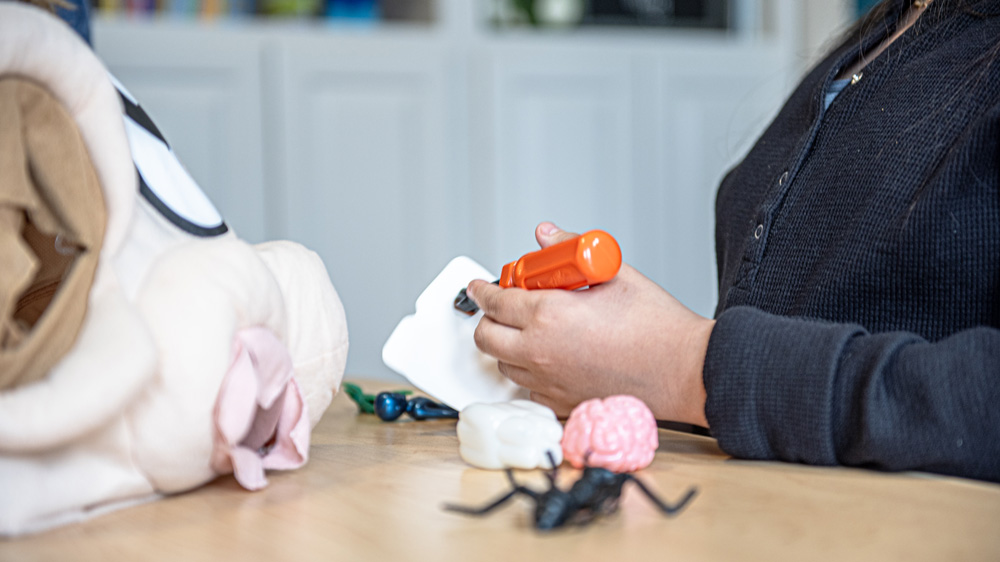
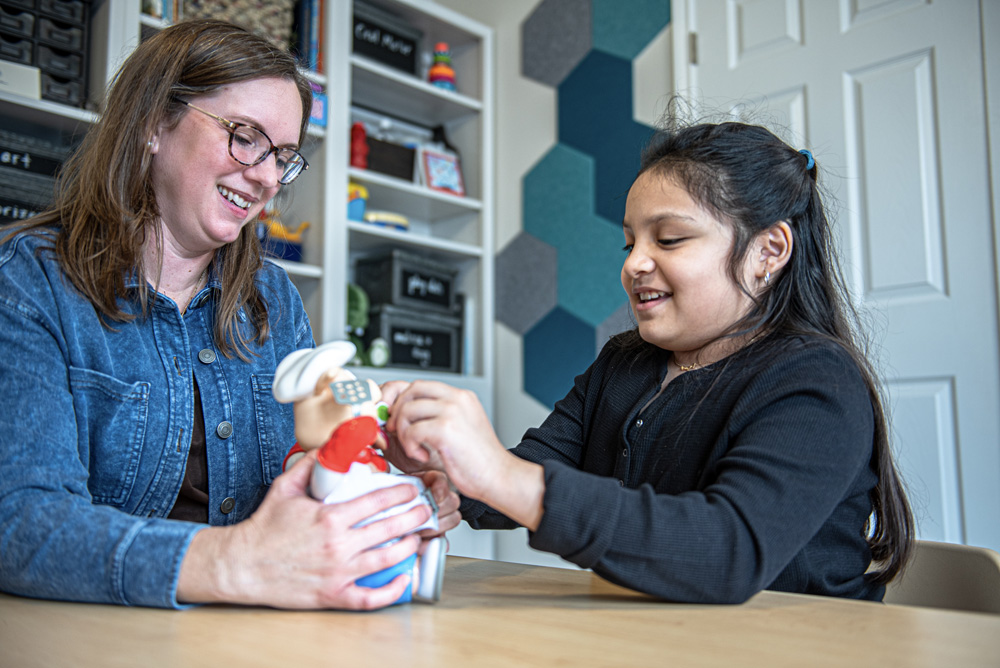
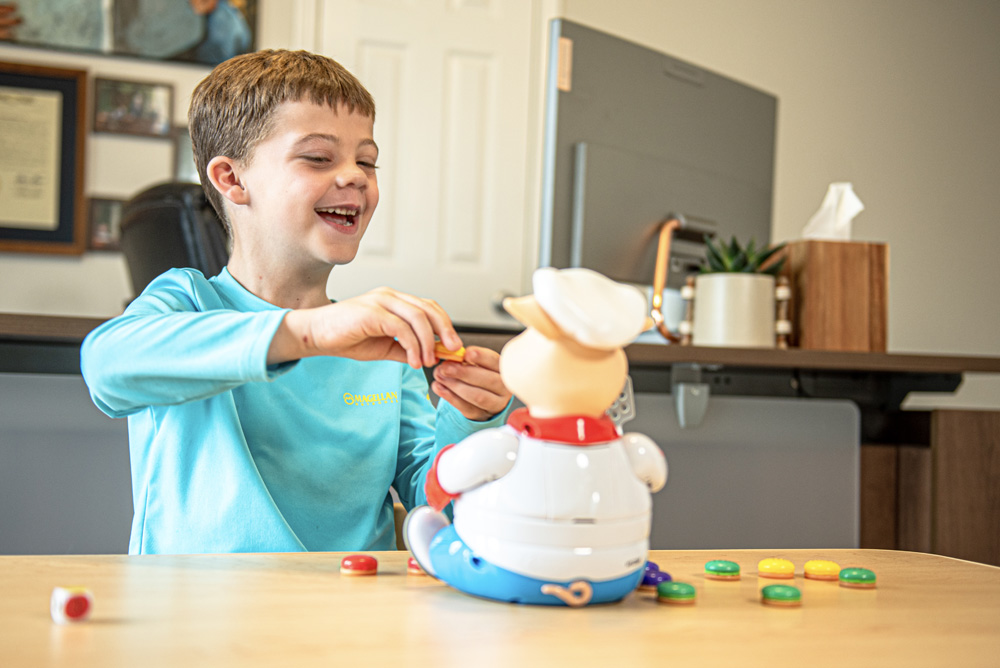
Social communication shapes how we connect with others, build friendships, collaborate, and feel understood. It’s not about following a script—it’s about being able to share space in a conversation and feel confident doing it.
When someone communicates in a way that others don’t expect or understand, it may lead to misinterpretation or disconnection—not due to a lack of ability, but a mismatch in expectations. Therapy helps bridge that gap and supports authentic expression.
Every individual expresses themselves differently, and differences in social communication may appear in subtle ways. Some individuals are talkative but may miss cues; others may prefer to communicate less frequently or in less typical ways.
In Children and Teens:
✔ Difficulty joining group conversations or playing cooperatively
✔ May not respond when spoken to, or may interrupt frequently
✔ Takes things literally; struggles with sarcasm or jokes
✔ Speaks in a way that feels out of sync with peers
✔ Trouble shifting topics, understanding boundaries, or “reading the room”
In Adults:
✔ Challenges with small talk, interviews, or relationship dynamics
✔ May miss or misinterpret nonverbal cues like tone or facial expression
✔ Difficulty adjusting communication for different settings (e.g., work vs. home)
✔ Frustration navigating group discussions or knowing how to “jump in”
✔ Preference for one-sided dialogue or unexpected conversational pacing
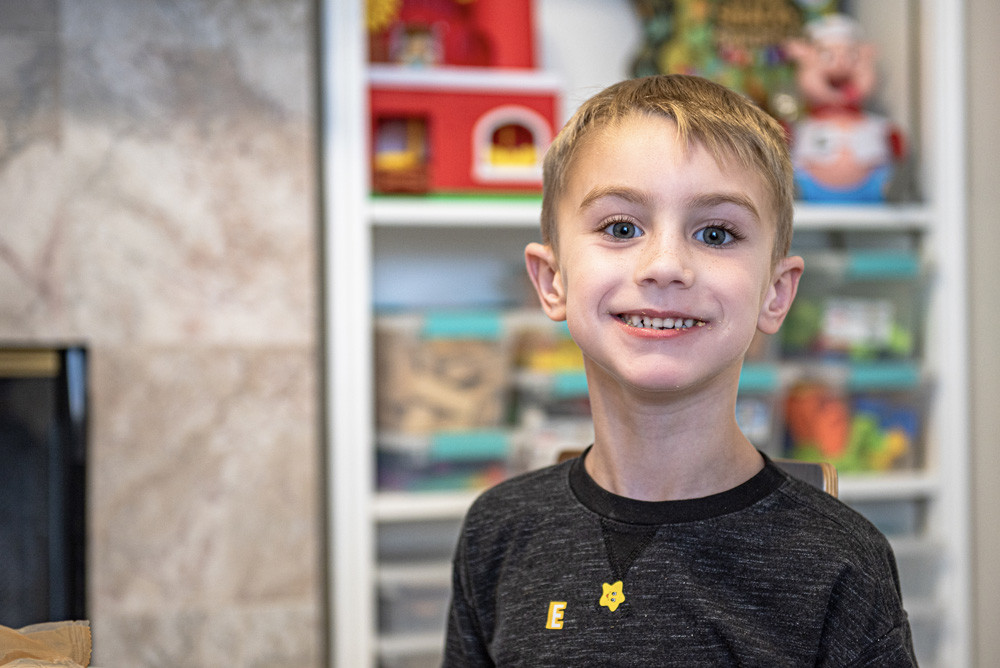
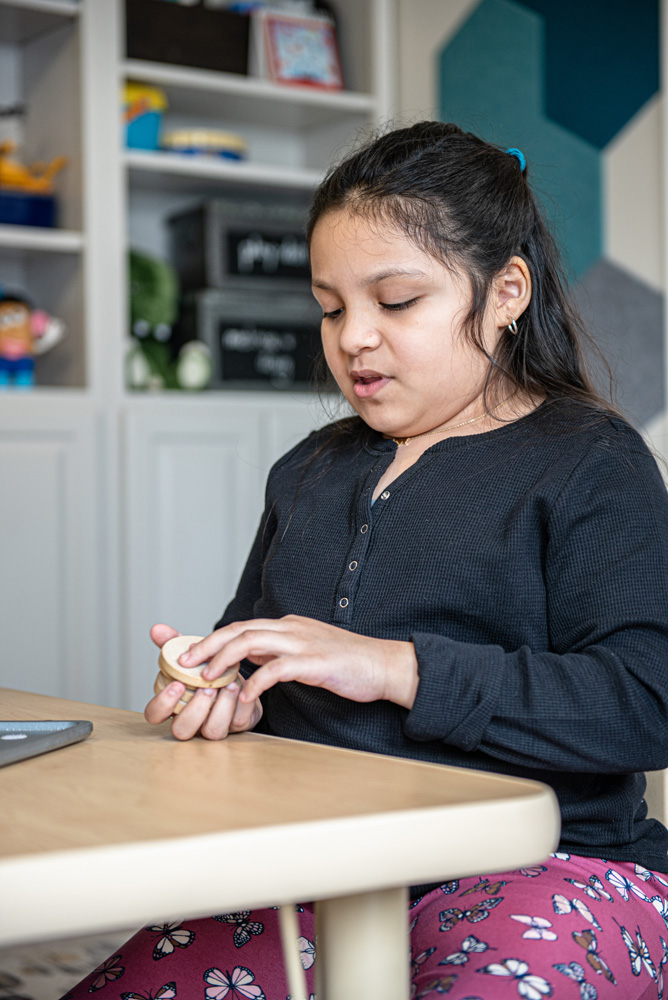
Social language begins in infancy—eye contact, turn-taking, and imitation all lay the groundwork for connection. As children grow, they learn to greet, share, ask questions, and collaborate.
In adolescence and adulthood, social communication expands to include more abstract or nuanced forms of expression—reading between the lines, negotiating roles, or understanding shifting dynamics. Some individuals benefit from additional support in these areas, especially during transitions or after life changes.
Social communication therapy focuses on strengthening interaction and opportunities for connection and confidence.
Children with Autism Spectrum Disorder (ASD) often experience significant difficulties in this area. They may misinterpret social cues or have trouble understanding sarcasm and humor. As a result, they might struggle to engage in typical conversations. Their lack of awareness of social norms can lead to awkward interactions.
Language disorders can also affect pragmatic skills. Children with these disorders may find it challenging to organize their thoughts. They may have difficulty recalling information or expressing their ideas clearly. These challenges can make social interactions particularly daunting.
Social communication differences can be linked to many factors.
✔ Autism – Neurodivergent communication often reflects different, not deficient, styles
✔ ADHD – Differences in attention, inhibition, or social timing can affect communication
✔ Social Anxiety – Hesitancy, shutdowns, or silence may result from anxiety, not lack of awareness
✔ Brain Injury or Neurological Conditions – Changes in social understanding may follow medical events
✔ Language or Learning Differences – Challenges with understanding or using language can affect interactions
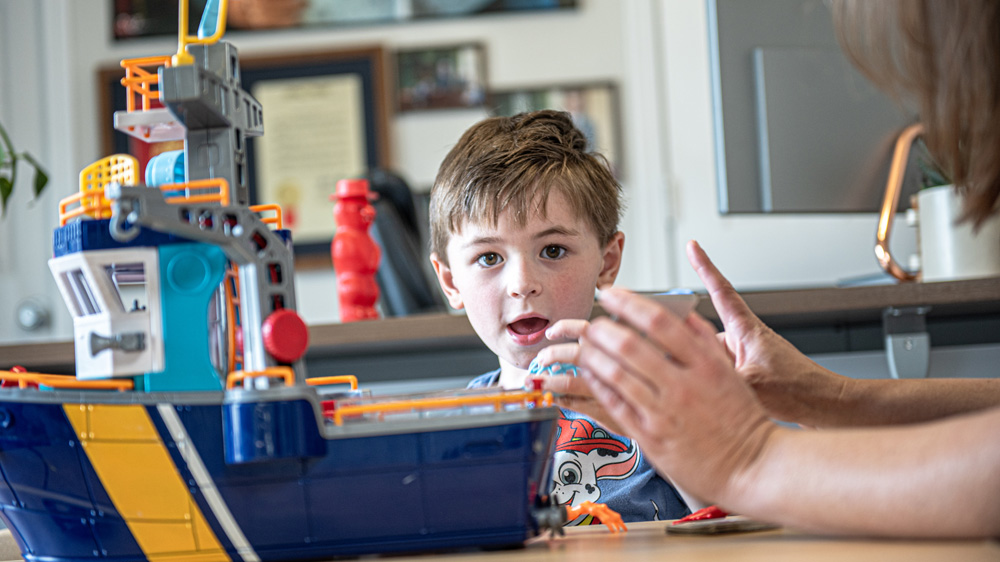
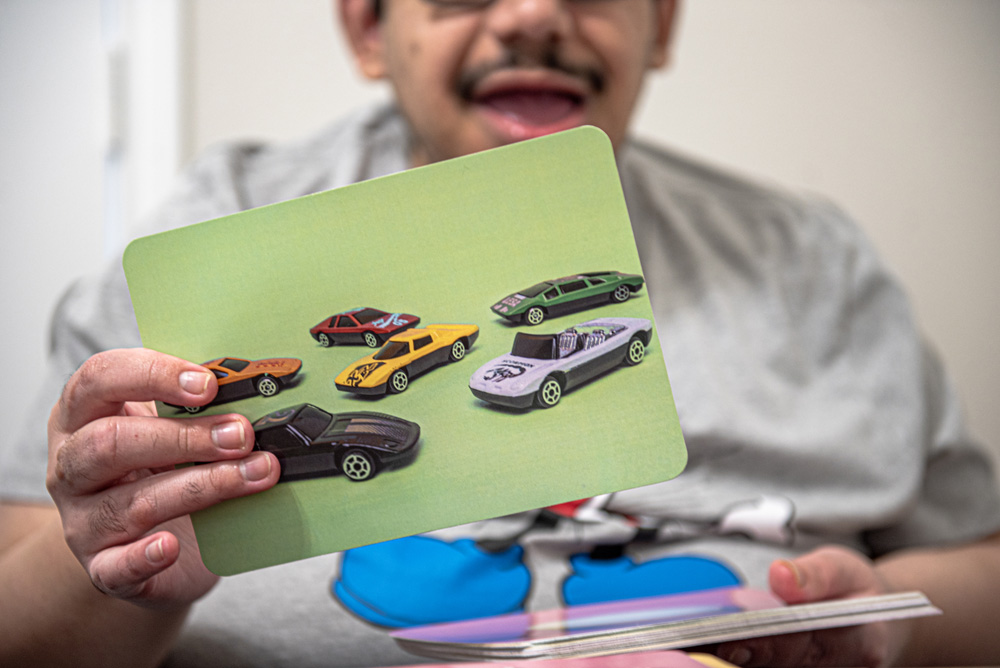
A social communication evaluation looks at how someone expresses themselves, interprets others, and participates in everyday interactions. The goal is to understand the individual’s communication style and identify communication challenges.
During an assessment, your speech-language pathologist will:
Visual supports, such as pictures or symbols, can help reinforce learning. These tools provide a clear reference for children struggling with abstract concepts. Social stories may also be employed to illustrate appropriate behaviors in different contexts.
Therapy sessions often include activities that promote turn-taking and conversation skills. SLPs encourage children to share their thoughts and ideas. They provide feedback and positive reinforcement to build confidence. Over time, children learn to navigate social situations more effectively.
Therapy looks different for everyone. Some sessions may include structured practice with conversation or role play; others focus on exploring what makes communication feel safe, effective, or frustrating.
We may use stories, visuals, games, or real-life scenarios to reflect on how interactions unfold—and how they can be approached differently. Our goal is to promote effective communication to help understand, express, and connect in social interaction. Connection is a basic building-block of relationships.
Family involvement is crucial in this process. Parents can reinforce skills at home by modeling appropriate communication. They can create opportunities for their child to interact with peers. By practicing in various settings, children can begin to apply what they learn in therapy.
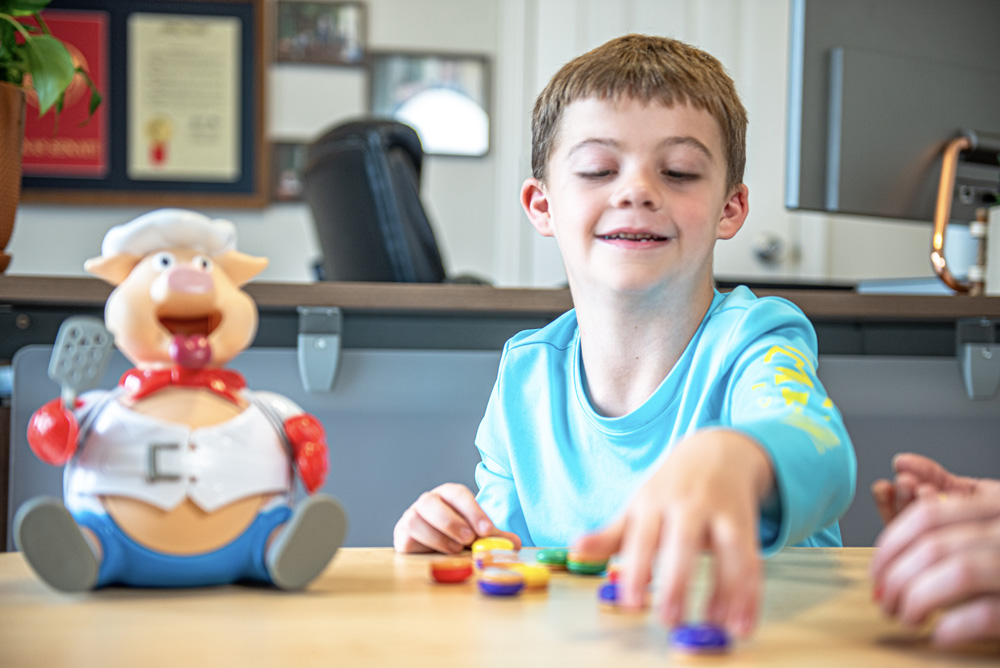

Social communication is more than just talking—it’s how we connect, collaborate, and share ourselves with the world. When communication feels challenging, therapy can support meaningful growth.
Remember:
✔ Social communication includes what we say, how we say it, and how we respond
✔ Therapy builds comfort, clarity, and connection
✔ Communication should feel natural, empowering, and personal—for everyone.
If you suspect your child struggles with pragmatic language skills, consider reaching out to a speech therapist. They can provide a thorough assessment and develop an individualized treatment plan. With the right support, your child can enhance their communication skills and build meaningful relationships.
